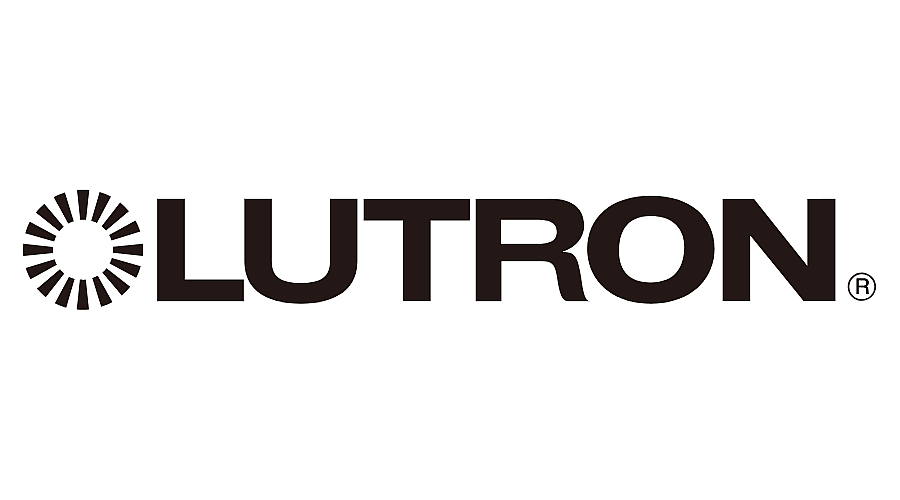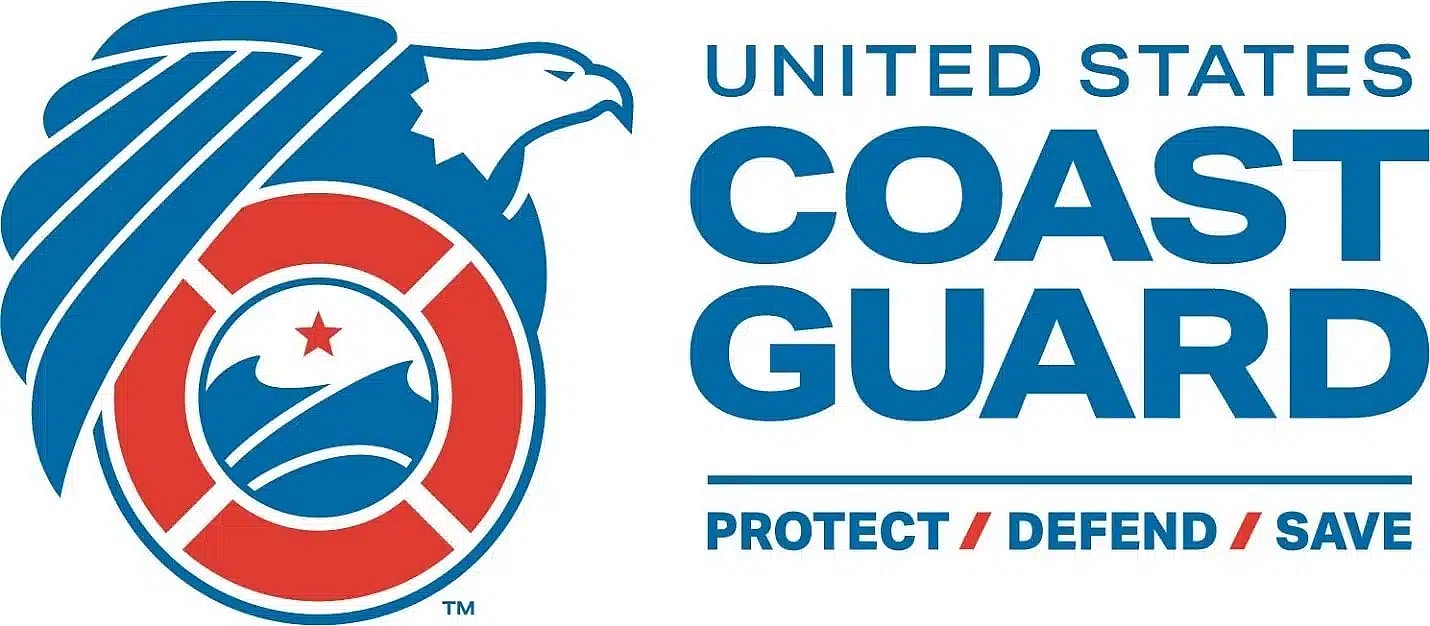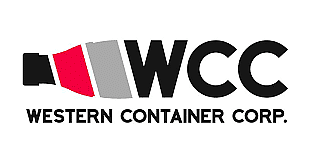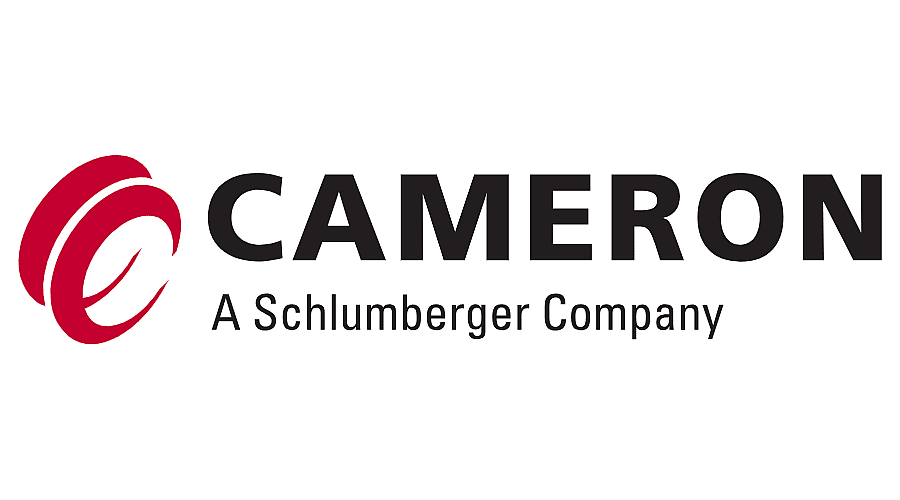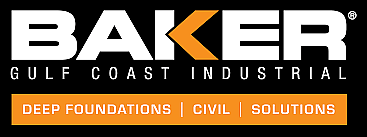The Relationship Between Soil Resistivity and Corrosion
Your company’s infrastructure is susceptible to corrosion with time. There are many additional factors working against your building that impact how it corrodes. Understanding how varying factors play a role in your infrastructure’s condition can refine your company’s selection of protective measures, ensuring that they really work toward strengthening the building’s safety and integrity. Dreiym Engineering looks at the relationship between soil resistivity and corrosion, and other factors that influence both elements.
What Is Soil Resistivity?
Soil resistivity measures how soil conducts or resists electric currents. Soil resistivity measurements are expressed in ohm-meter or ohm-centimeter.
Soil resistivity is a crucial element in electrical grounding design. Soil resistivity assessments are essential to determining maximum safety from electrical faults, lightning, and corrosion.
Factors That Influence Soil Resistivity
Many factors determine soil resistivity. Because they’re not stagnant from location to location, soil resistivity measurements are subject to substantial variation. These factors include:
- Moisture
- Temperature
- Chemical content
- Soil type
- Mineral content
- Contaminants
Factors That Influence Corrosion
Several factors impact your infrastructure’s susceptibility to corrosion. The following elements influence the rate of corrosion:
- Diffusion
- Temperature
- pH value
- Type of metal
- Soil resistivity
We’ll look more at how soil resistivity and corrosion relate to one another and why knowing soil resistivity can be influential to maintaining your infrastructure’s condition.
The Relationship Between the Two
The relationship between soil resistivity and corrosion is worth noting in infrastructure planning. Soil resistivity can serve as an indicator of the construction site’s soil corrosiveness. Having insight into the soil’s corrosiveness can help you determine the appropriate protective methods for your infrastructure.
Soil resistivity and corrosion essentially have an inverse relationship. The lower the soil resistivity, the higher the corrosivity; conversely, the higher the soil resistivity, the lower the corrosivity.
To Ensure Your Infrastructure’s Condition
Dreiym Engineering offers thorough CP surveys to assess the quality and safety of your building. Our trusted team of professional engineers and cathodic protection experts takes a direct and simple approach to cathodic protection analysis. Contact us today to learn more about the state of your infrastructure and the best preventative measures to ensure its safety and longevity.

















